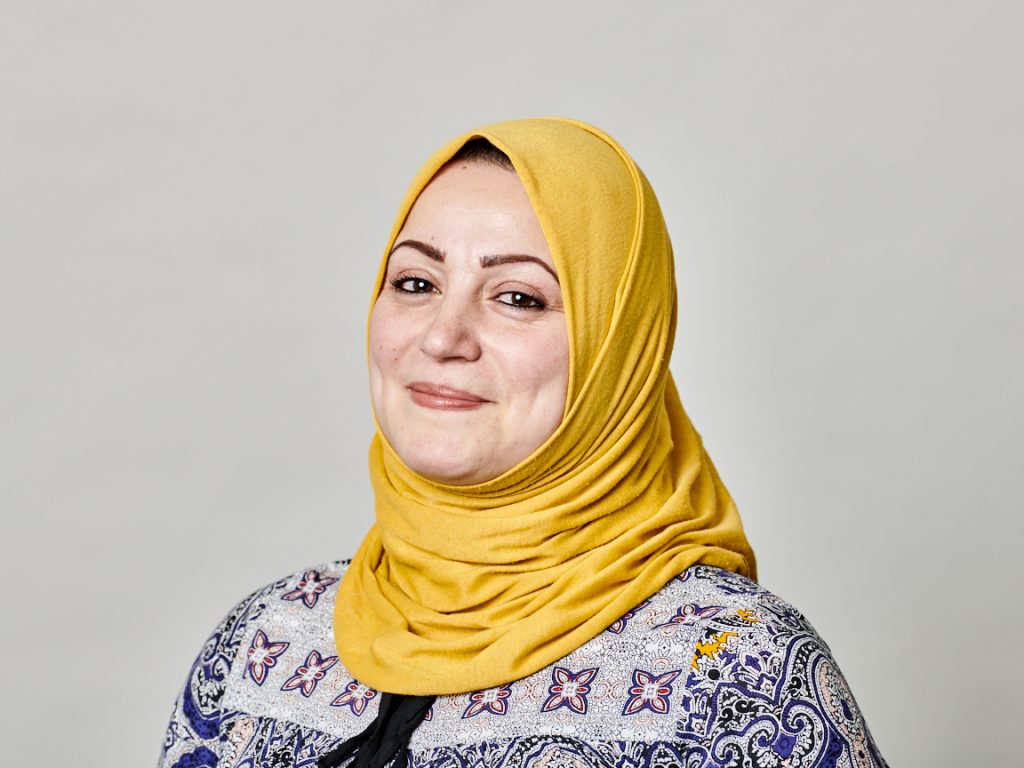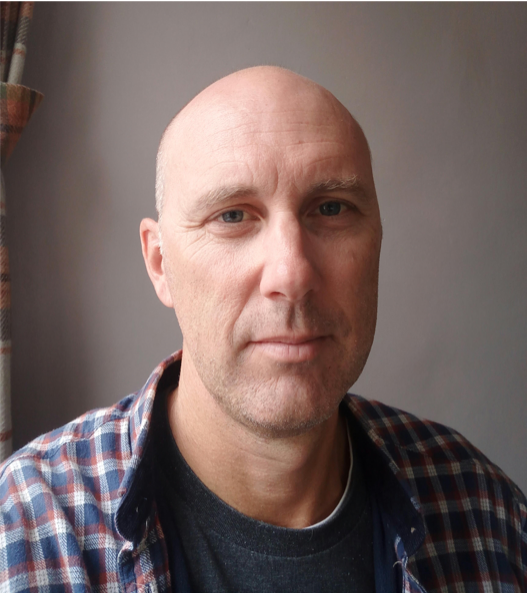Back again with another Meet The Leads interview by Claire Bailie, last year’s FMS EDI intern. This interview is with EDI Lead Hawa Fathi, lecturer in Materials Sciences and Technology at the School of Dental Sciences, from late summer last year. Enjoy!
Tell us a bit about your background. What are some of your hobbies/interests outside of work?
It sounds like a series of choices when I tell it from where I am now. I am a lecturer in Materials Sciences and Technology at the School of Dental Sciences. I began as a dental technician and after my first degree I worked in a dental lab for a while. I got very interested in research, so I went ahead and did a master’s in Dental Biomaterials, mainly bioactive glass-ceramics. When I finished my master’s degree I worked as a teaching assistant for few years at various universities where I was involved with different projects. Then I felt that I wanted to do a PhD, so I continued the work that I started in my Masters to developed new glass-ceramic materials which showed to be promising to use as restorative materials. After my PhD, I worked as a teaching assistant at Sheffield University for a couple of years, then this job came up and I feel it is the perfect job for me. I’ve been in this post since November 2016, and last September I was given the opportunity to be the EDI School Lead. In terms of my hobbies and interests outside of my role, I love cooking and baking, I cook all types of food. I like making and decorating cakes and always make sure that my daughters are involved, especially with cake decorations! I enjoy listening to a music as well.

What caused your interest in EDI? What aspects do you feel most passionate about?
What cause me to be passionate about EDI is that I’ve seen a great positive change and I want to continue the amazing work that has been done so far. EDI allows people to have respect for their colleagues and peers, regardless of their backgrounds and characteristics. I wanted to be an advocate, actively involved in planning strategies that support all members to promote and maintain a diverse in the school and wider community, and to enjoy the discussion, planning, and work we can do together.
What made you want to apply for the role of EDI Lead?
To be honest, I didn’t know much about the Equality, Diversity and Inclusion role before, but when I was given the opportunity to be the School EDI Lead, I read the role descriptions and specifications, I took time to reflect on the role and how much of a challenge it would be. I believed it would be a good opportunity to advocate for people to make a positive change, by empowering them, changing policies, and through being actively involved in planning strategies that support all members of the school community to strive for and maintain a diverse and inclusive environment, where all are treated with dignity and respect and valued for their differences. I really felt I could make a difference.
What does an average day look like for you in your role?
I don’t think there is an average day, each day is different. I have two roles, my academic role and professional role. The balance of my time, certainly a lot is spent on the academic role: making sure my teaching is on track, giving seminars on Zoom especially in the current situation of COVID-19, reviewing the course guide, having supervisory meetings with students and assessing with their work, giving them feedback and so on. In regards to the leadership role as EDI Lead, I am a member of the School Strategy Team. During the current pandemic period the Contingency Strategy Team meet daily, making sure that issues are addressed, meeting with the EDI team and EDI Officers frequently and ensuring that EDI concerns are heard and dealt with. I am also ensuring that EDI training is available for all students and staff, and many other commitments we have to deal with on a day to day basis.
Have you had any prior roles or experiences that helped you prepare for this role?
I didn’t have any leadership roles before this, except in academia in terms of course leading. When I took on the role of EDI Lead, I did some management and leadership workshops and I have built up quite a bit of knowledge on how to manage things and how we can bring about change on a larger scale. I feel extremely supported by the Dean of School who has been very willing to listen and develop strategies and plans, also, the EDI Admin Lead. There are some very approachable people with real integrity here. This makes me feel that I have been trusted to drive positive change.
What have you found challenging in your role?
The biggest challenge I find is that people within the school find it very uncomfortable to talk about race and raise any concerns or issues that they are facing. I understand the importance of not only a small minority of people speaking out, but also having everyone’s voices heard so they feel empowered to speak out. We have done lots of work regarding Black Lives Matter within the school, and with the current climate in light of all that has happened recently, including the increase of The Black Lives Matter movement, I feel that diversity and inclusion needs to be promoted more than ever. We have to focus on the crucial issues of racial justice and aim to engage in a meaningful exchange about the impact that students and staff are having. We are looking towards how we can listen and learn together and create a call to action. That will be a bit of a challenge, however working with a fantastic group of people within our school I’m positive that this challenge will become easier.
What do you enjoy most about being an EDI Lead?
Working with a great, lovely, helpful and supportive team, not only within the EDI School Committee but also within the whole school and across the Faculty. Being an EDI Lead gives me the opportunity to recognise how diverse our community is, and has given me the chance to work with a number of diverse people in terms of their roles, culture, position and their quality. It also gave me an opportunity to build up my network widely by interacting with the students and staff. I’ve been lucky to work with a great team of staff and student EDI officers. As a team we understand the importance of Equality, Diversity and Inclusion, we all are working together to ensure that EDI is embedded in everything that the school does and to create a supportive working environment for all members of the community. Being an EDI lead is an enjoyable challenge!
A huge thank you to Hawa for taking the time to talk to us. For a full list of the current EDI team, click here!

